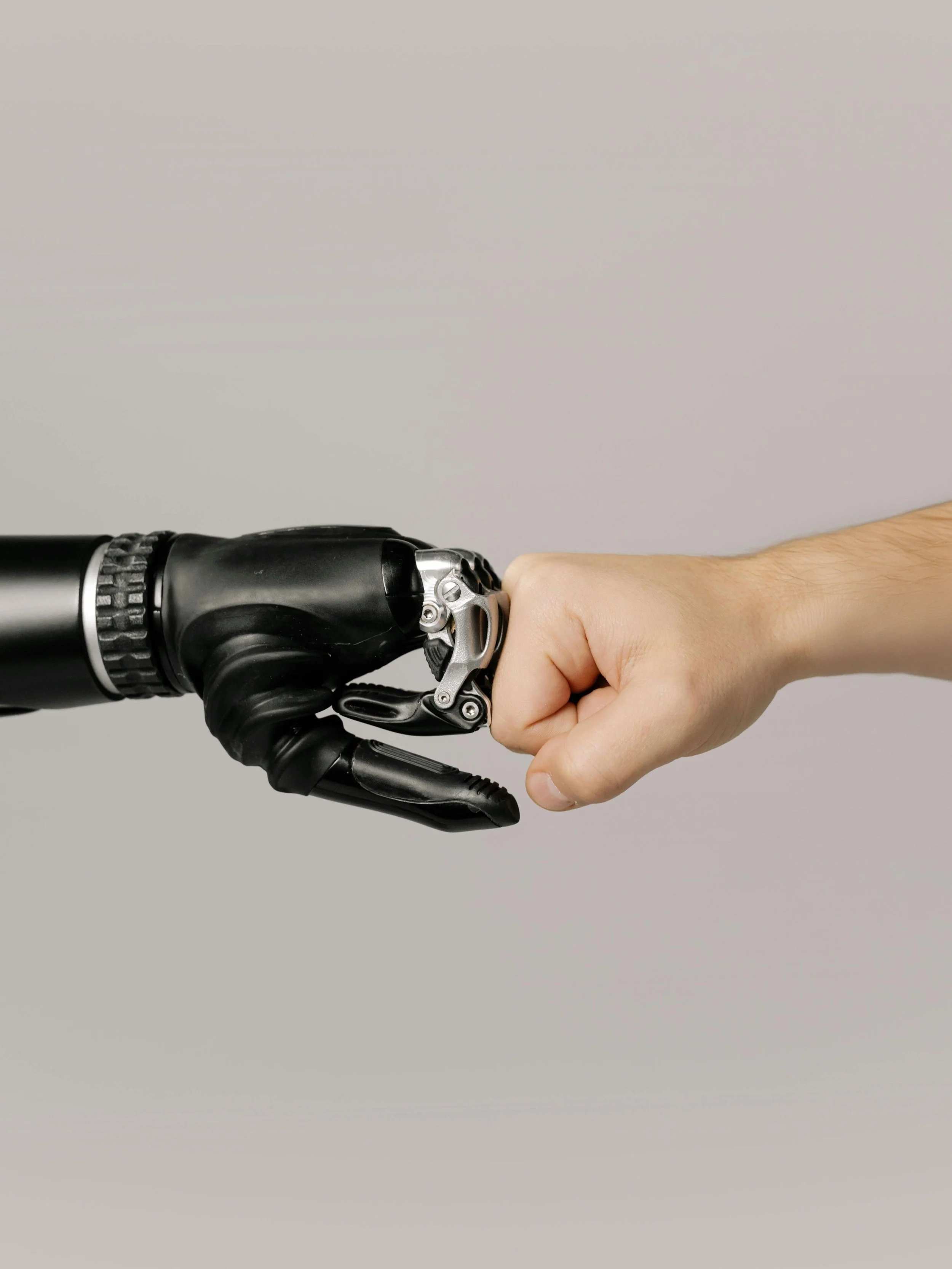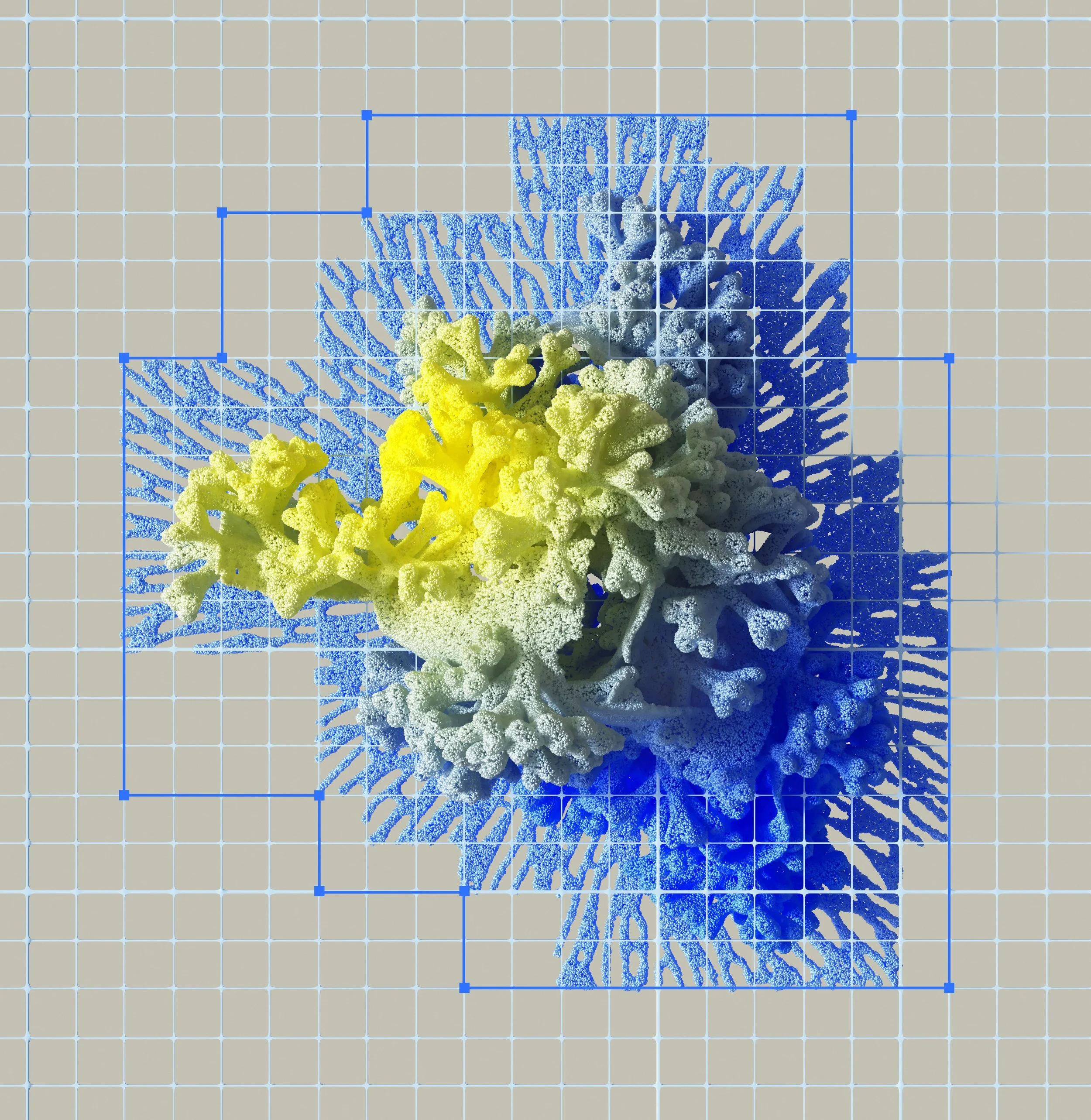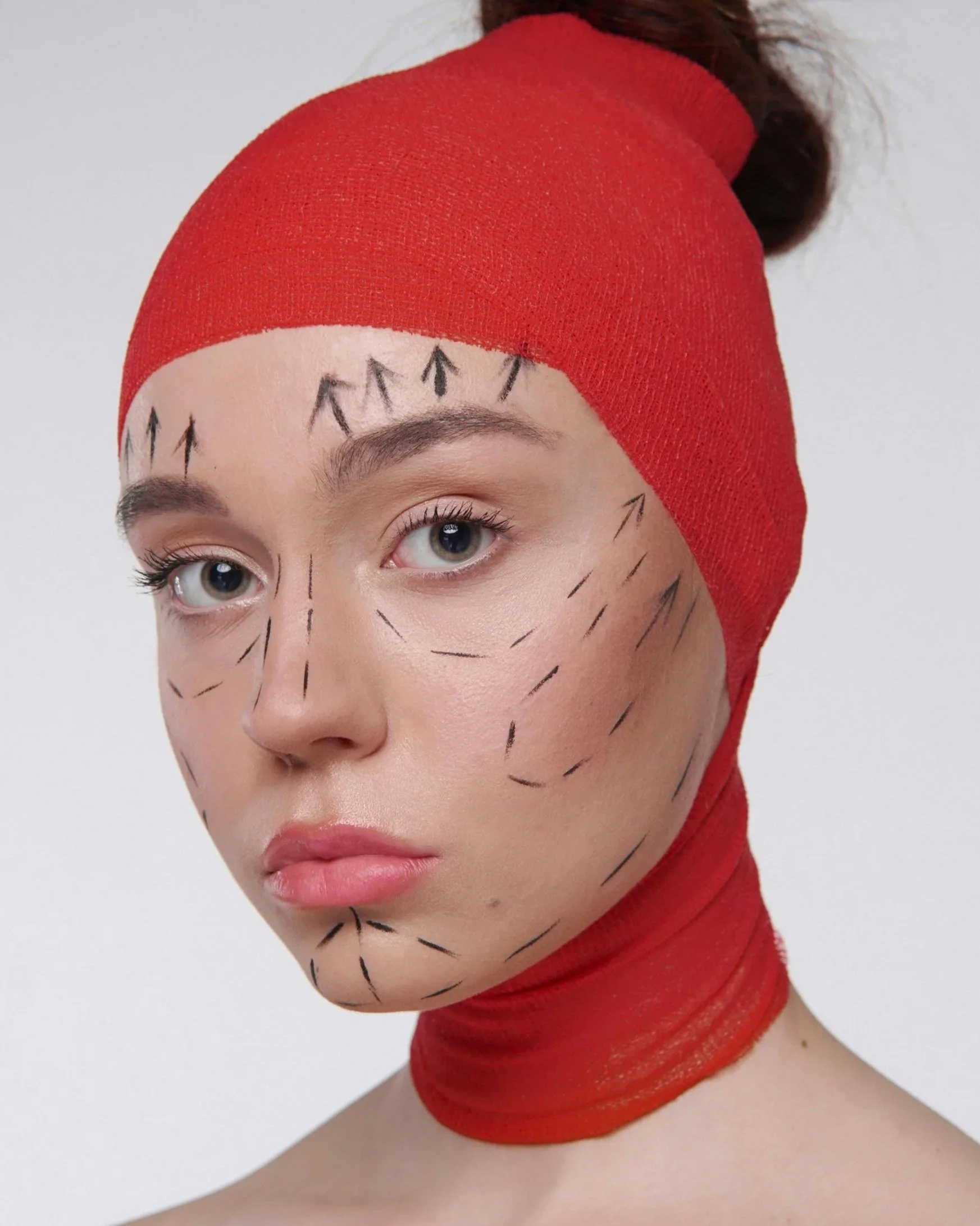Suwanna Ruayrinsaowarot
Suwanna Ruayrinsaowarot
Read More
Suwanna Ruayrinsaowarot
Suwanna Ruayrinsaowarot
Read More
Suwanna Ruayrinsaowarot
Suwanna Ruayrinsaowarot
Read More
Suwanna Ruayrinsaowarot
Suwanna Ruayrinsaowarot
Read More
Suwanna Ruayrinsaowarot
Suwanna Ruayrinsaowarot
Read More
Suwanna Ruayrinsaowarot
Suwanna Ruayrinsaowarot
Read More
Suwanna Ruayrinsaowarot
Suwanna Ruayrinsaowarot
Read More
Suwanna Ruayrinsaowarot
Suwanna Ruayrinsaowarot
Read More




![A great design is not just beautiful… [EN/TH/CH]](https://images.squarespace-cdn.com/content/v1/6878fc7c3e1f9a3db615f341/1769413662631-MLX6N56PJJFSZG7JYV44/enkhjin-photography-WNzniTfWNCA-unsplash.jpg)
![Influencer vs. KOL [EN/TH]](https://images.squarespace-cdn.com/content/v1/6878fc7c3e1f9a3db615f341/1769416983179-P3ETC7HJVXK1XTNW2ABX/pexels-beytlik-7644268.jpg)






